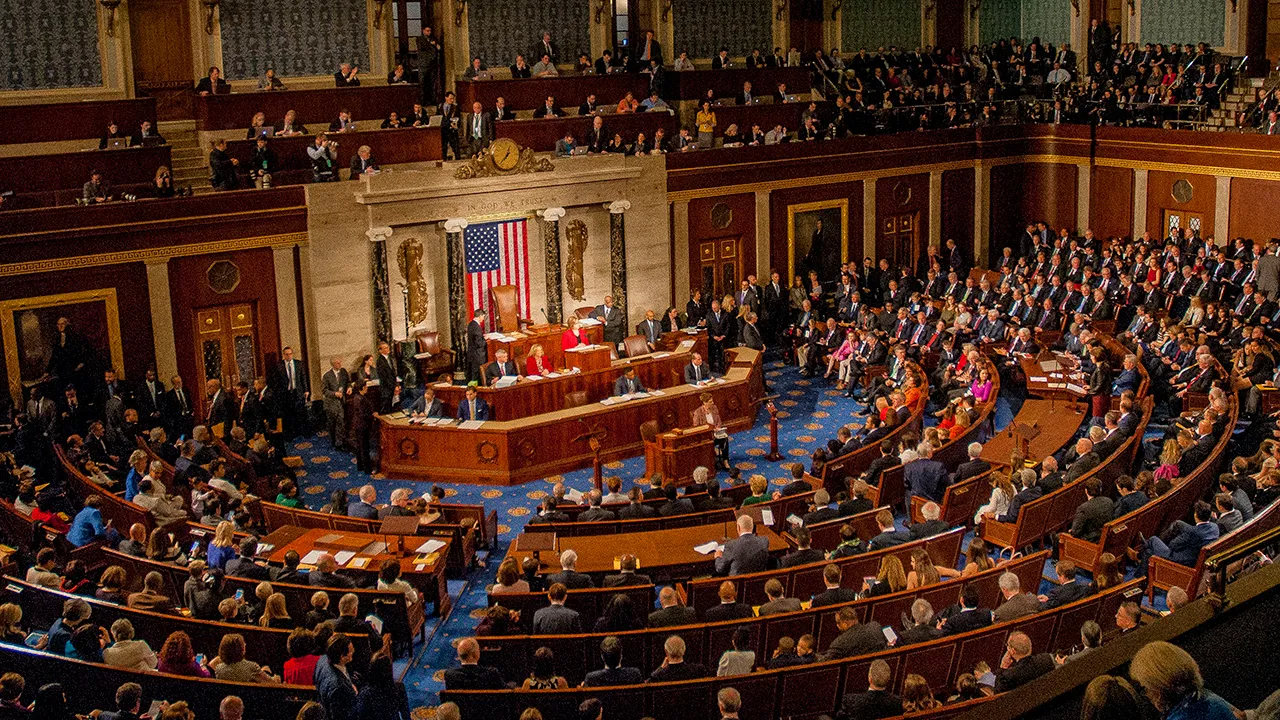In a significant development that could reshape the balance of power in the U.S. House of Representatives, moderate Republican Congressman Don Bacon of Nebraska announced that he will not seek re-election in the 2026 midterm elections. Bacon’s decision to step down after five terms opens up Nebraska’s 2nd Congressional District—a competitive swing district in the Omaha metropolitan area—as a prime target for Democrats, potentially putting the slim Republican majority at risk.
Rep. Don Bacon, who has represented Nebraska’s 2nd District since 2017, is known for his independent approach within the GOP caucus. Often described as one of the party’s more moderate voices, Bacon has frequently broken ranks with hardline conservatives and former President Donald Trump on several key issues. Throughout his tenure, Bacon supported about 30% of President Joe Biden’s legislative agenda, signaling his willingness to cross the aisle when necessary. At the same time, he opposed major Biden initiatives such as the “Build Back Better” plan.
Bacon’s record includes backing the creation of a congressional committee to investigate the January 6 Capitol riots and advocating for legislation aimed at limiting the president’s power to impose tariffs—stances that sometimes placed him at odds with party leadership. Following the 2022 ousting of former House Speaker Kevin McCarthy, Bacon even hinted at the possibility of siding with Democrats during the election of the new speaker, though he ultimately supported the current Speaker, Mike Johnson.
Nebraska’s 2nd District is widely regarded as a battleground district. According to the Cook Partisan Voting Index, the district leans slightly Democratic (D+3). In the 2024 presidential election, former Vice President Kamala Harris carried the district by around four points, while Bacon narrowly retained his seat by fewer than 6,000 votes. The district’s competitive nature has made it a key target for Democrats aiming to flip control of the House in 2026.
Bacon’s retirement creates an open seat in a district that has historically been difficult for Republicans to hold, especially in years when Democratic turnout surges. With the GOP currently holding a slim majority in the House, losing this seat could further jeopardize Republican control and limit President Trump’s legislative agenda during the final two years of his presidency.
Bacon’s announcement is expected to be formally made in the coming days, coinciding with the anticipated passage of the Trump-backed “Big Beautiful Bill.” His departure marks a notable shift within the Republican Party, underscoring growing divisions and the challenges faced by moderate Republicans in increasingly polarized political environments.
As the 2026 midterms approach, all eyes will be on Nebraska’s 2nd District as Democrats see a promising opportunity to reclaim the seat and help shift the balance of power in Congress.

Sarah Mitchell is a bestselling novelist recognized for her insightful and emotionally resonant stories that explore the complexities of human relationships. Originally from Denver, Colorado, Sarah grew up in a family of teachers who nurtured her curiosity and love for storytelling. She studied psychology at Stanford University, where she became fascinated by the intricacies of human behavior—an interest that would later shape her writing career. Sarah’s novels are praised for their nuanced characters, intricate plots, and ability to capture the subtle tensions that define love, friendship, and family ties. Her breakthrough novel, The Spaces Between Us, became an instant bestseller, lauded for its honest portrayal of strained family relationships and the fragile bonds that hold people together. Since then, she has published several works that continue to captivate audiences around the world. Outside of her writing career, Sarah is passionate about mental health advocacy and often partners with organizations to promote awareness and support for those struggling with emotional well-being. Her personal life is quieter—she enjoys hiking in the Colorado mountains, practicing yoga, and spending time with close friends. With each new book, Sarah Mitchell cements her reputation as a writer who illuminates the beauty and struggles of human connection.









